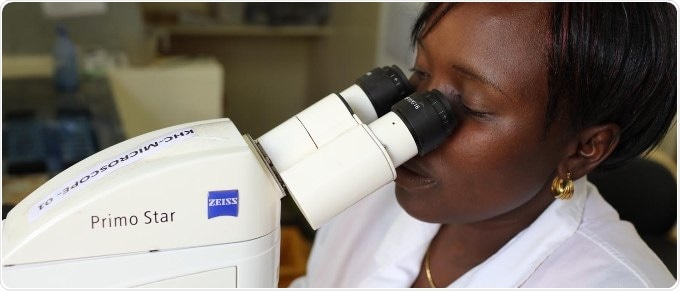Mar 3 2017
TB Alliance and the broader TB community urge that the World Health Organization (WHO) add Mycobacterium tuberculosis to the critical group within the list of drug-resistant bacteria identified as urgent priorities for research and development.

“The absence of TB from this list is shocking,” said Mel Spigelman, President and C.E.O. of TB Alliance. “The effort to develop new drugs to cure TB has always been chronically underfunded despite the disease’s impact.” TB is the world's deadliest infectious disease, killing 1.8 million people each year.
TB patients urgently need new and better antibiotics. Treatment for drug-resistant TB is long, toxic, complicated, and expensive. It can consist of more than two years of a dozen or more pills per day, along with six months of daily injections. And for those unfortunate enough to have extensively resistant TB, even if they take every one of those 20,000 toxic pills and hundreds of injections, they will still have less than a one in three chance of survival. Put simply, TB has evolved at a speed that outpaces our underfunded research community.
This year alone, approximately half a million people will develop drug-resistant TB. Multidrug-resistant TB (MDR-TB) is caused by TB bacteria that is resistant to at least isoniazid and rifampin, the two most potent TB drugs. Less than 20 percent of people with MDR-TB receive treatment; of that small fraction, about half are cured. To place the drug resistant TB situation in perspective, patients with Ebola, for whom there is no available drug therapy, have the same chances of survival that patients with drug-resistant TB patients have, accessing today’s available medicines. MDR-TB is also the most contagious of all the pathogens noted on the WHO’s list, spreading readily from person to person, and is especially dangerous to children, people with HIV, and other vulnerable populations.
About 29 percent of deaths caused by antimicrobial infections are due to drug-resistant TB, according to the US Centers for Disease Control and Prevention. MDR-TB could cost the world $16.7 trillion by 2050, according to a study commissioned by the UK government. Last year's high-level meeting on AMR at the UN General Assembly affirmed that TB is critical to the antimicrobial resistance (AMR) agenda.
New tools, including vaccines, diagnostics, and treatments, cannot be developed without adequate resources, and the global TB community faces significant underfunding. The WHO’s 2011-2015 Global Plan to Stop TB saw a five-year funding deficit of $2.5 billion, and 2015 saw the biggest decline in R&D funding for TB in over a decade. Even efforts to treat and prevent the disease are underfunded by almost $2 billion, according to the WHO.
Drug-resistant TB is an urgent and critical priority. Without more attention and new antibiotics, the disease will continue to wreak havoc among the world’s poorest communities. It is not enough to say that TB is being addressed by other health programs; drug-resistant TB is the biggest global threat in AMR and it must be recognized as such, especially by the WHO. The absence of TB from the WHO list is an irresponsible public health statement, sending the wrong message about global health priorities.
Every global effort to address the burgeoning AMR emergency must include TB, and the WHO should be taking a leadership role in this effort, starting with the inclusion of TB on the new WHO list of priority pathogens.